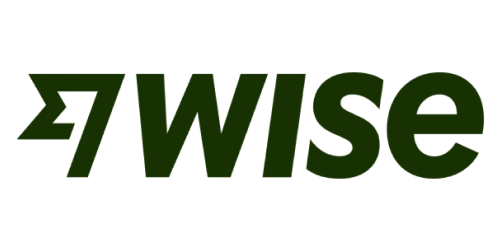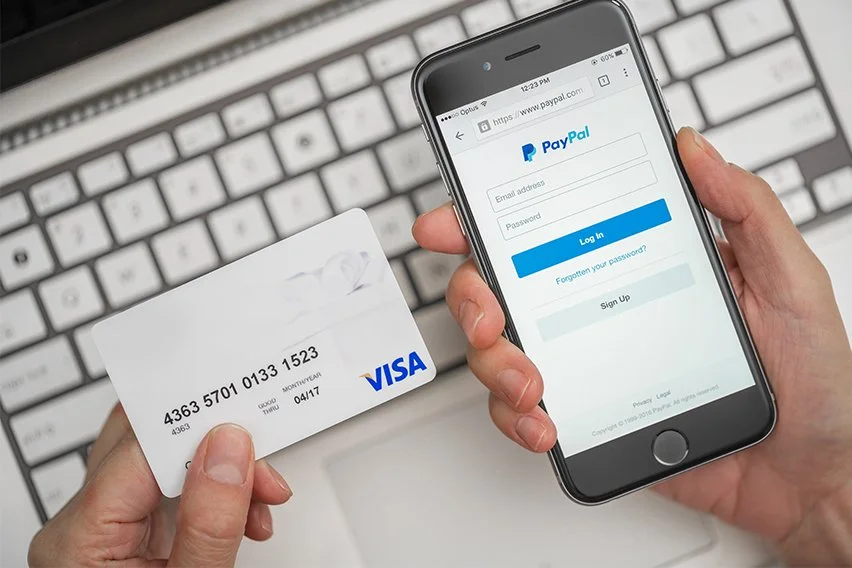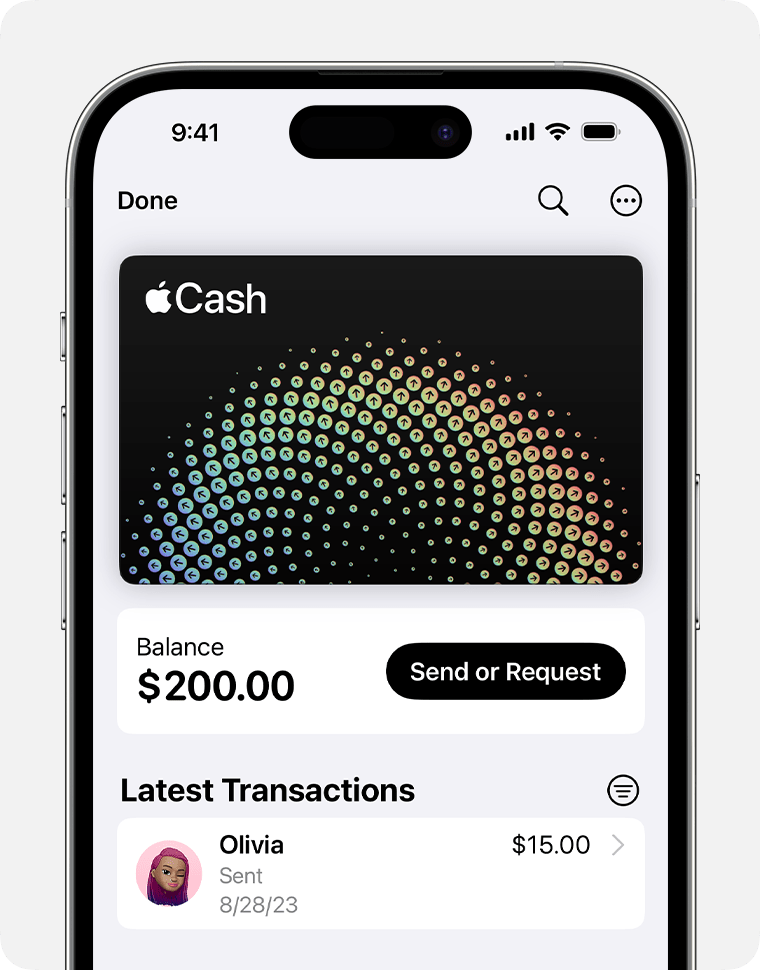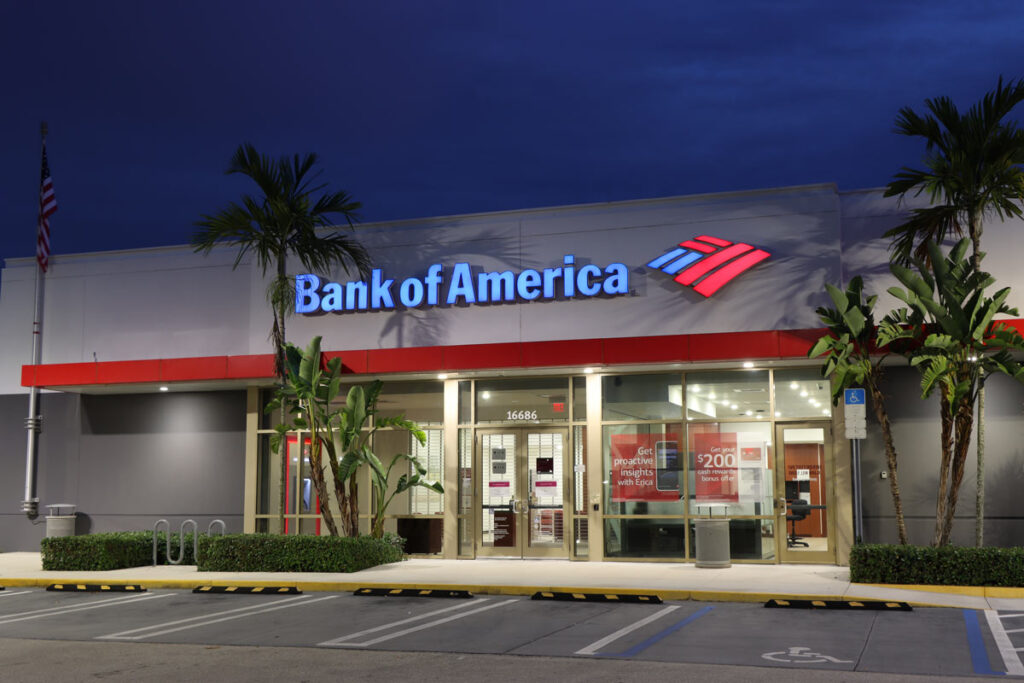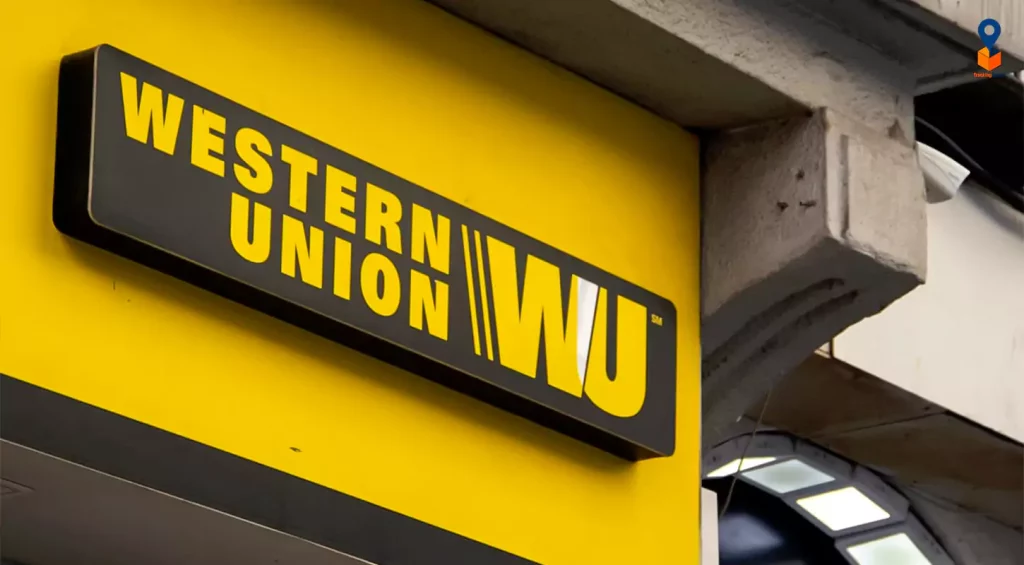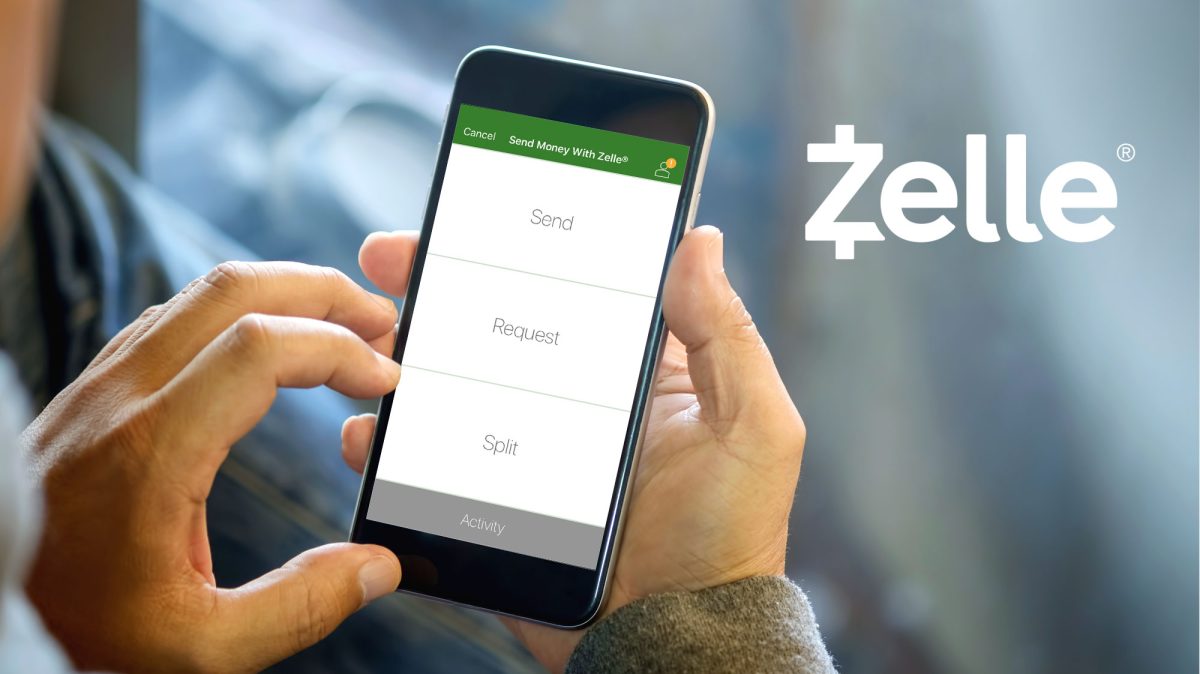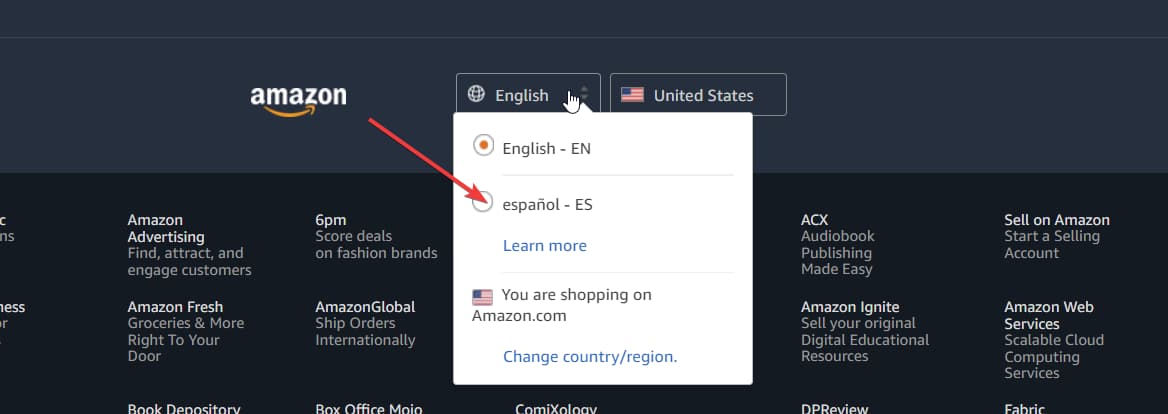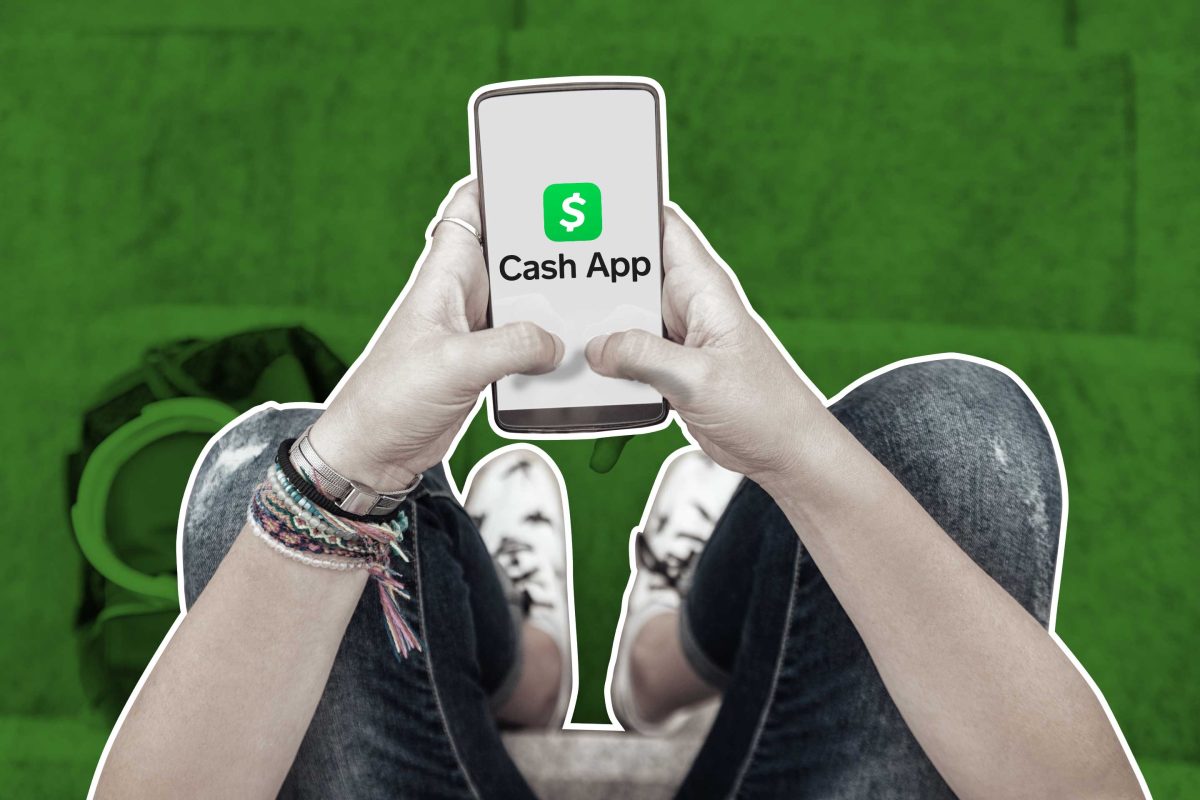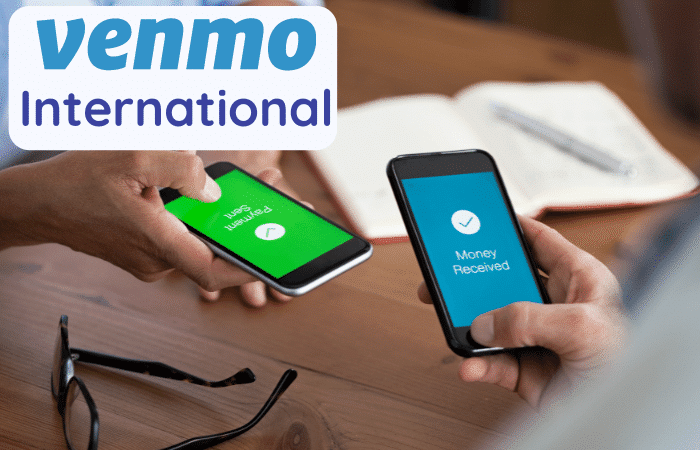In a world where most financial transactions are now conducted online, the safety of one’s money has become utmost priority. With a wide range of financial services at hand, Wise (formerly known as TransferWise) is among those that have gained popularity for individuals and businesses looking to move money across borders.
Is Wise Safe? A Quick Analysis
